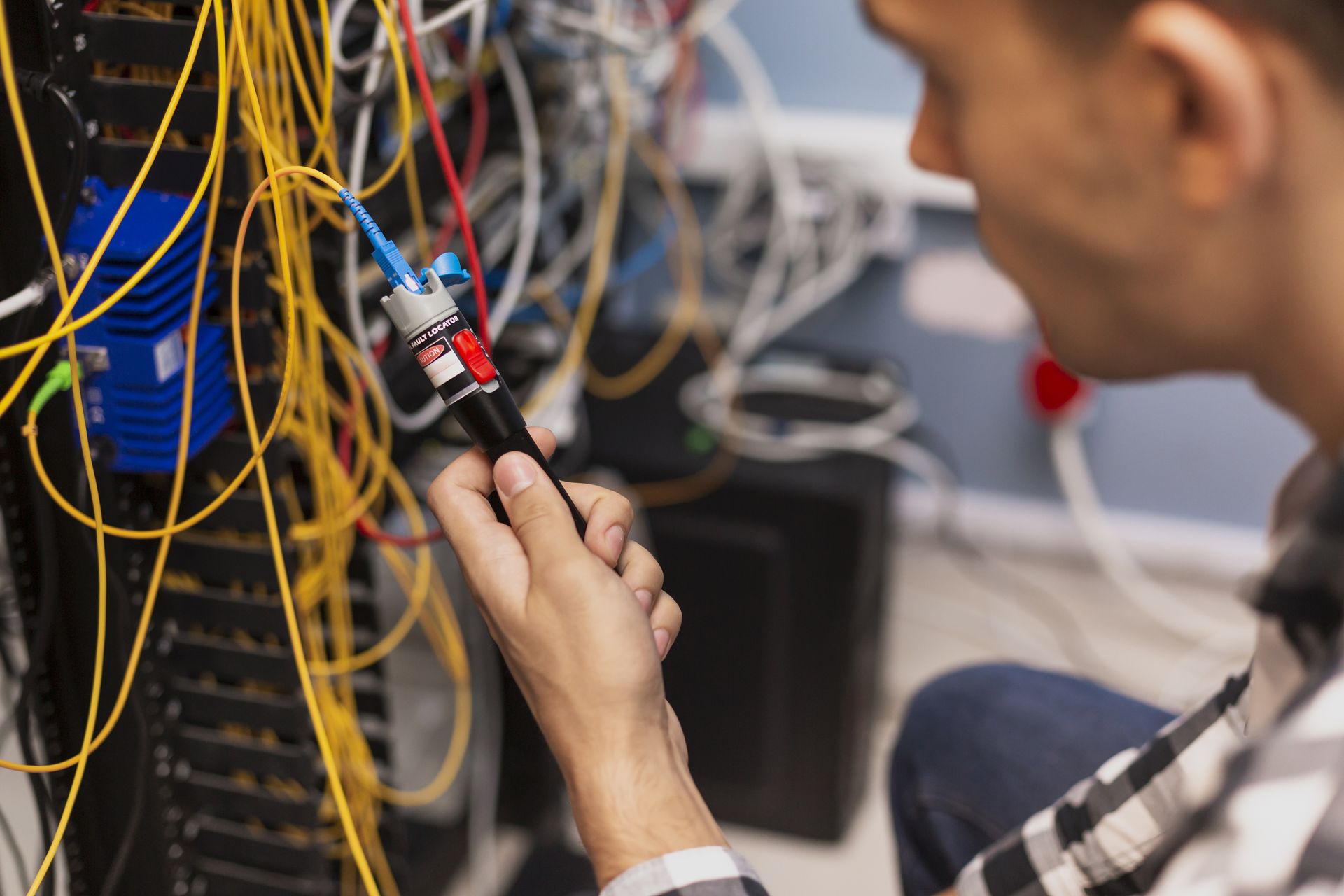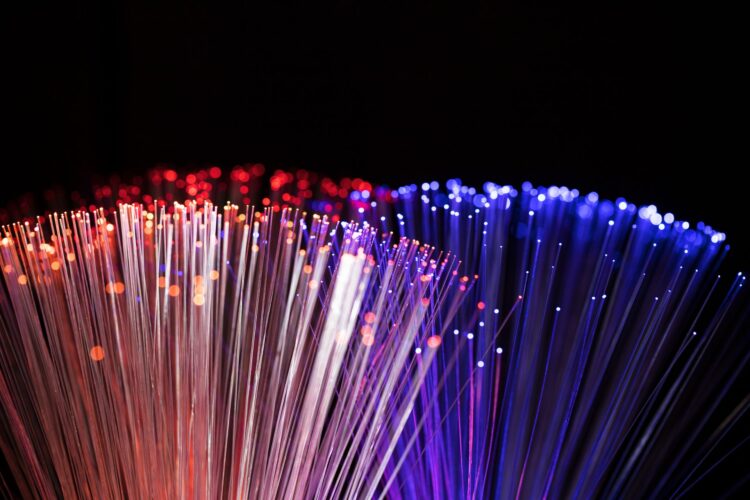A top Russian official claimed the U.S. and Britain have been conspiring to sabotage undersea internet cables and mess up maritime energy trade. Russia’s Admiral Nikolai Patrushev, who is a Putin aide and heads the country’s maritime board, said Western intelligence services were preparing to strike critical infrastructure, including marine fiber optic cables, as part of their wider attempts to tie in their economic interests.
In an interview with the Russian newspaper Kommersant, Patrushev alleged that the US and UK were to blame for the mysterious explosions on the Nord Stream gas pipelines in September 2022. And now, he said that those same forces are looking to attack future targets, including internet cables, which are critical to global communication and commerce. Patrushev’s comments come amid fears of expanding Russian naval activity around key underwater infrastructure in NATO zones.
Could Western powers be planning undersea cable sabotage? Russia thinks so
It’s a stark reminder of how the world’s digital infrastructure remains undersea cable. In fact, these cables are the backbone of the internet itself—crisscrossing the seabed, they carry nearly all international data traffic. If the system began to disrupt, it could have devastating effects on worldwide communication, banking transactions, and energy markets.
The British Foreign Office spoke of the baseless conspiracy theories and dismissed Patrushev’s claims, saying, “We are not going to provide a running commentary on Russia’s speculative narratives.” Meanwhile, the U.S. State Department has yet to issue an official response.

The statements also referenced ongoing investigations into the Nord Stream pipeline explosions. Sweden and Denmark revealed evidence of sabotage, but no one was found guilty, and the German inquiry is still open. Patrushev said only special NATO forces could have carried out such a deep-sea attack and ridiculed suggestions that Ukrainian operatives might have been involved.
Heightened tensions in maritime security
That comes at a time of growing tensions over maritime security. According to Western media met in Norway, the Russian intelligence ship Yantar has been sighted patrolling in the vicinity of critical contact infrastructures, including oil pipelines and internet cables. NATO countries have raised alarms about such activities because they view them as potentially scouting raids ahead of sabotage operations.
There is real cause for concern about those undersea cables. As reliance on the internet becomes increasingly global, it’s only a matter of time before any serious damage to one of these cables causes widespread disruption. “Any attack on this infrastructure could be part of a strategy to create chaos in the world’s global markets, especially in the energy sector,” analysts warn.
The investigation into Nord Stream rumbles on while wary Western nations continue to watch Russia’s growing footprint in their maritime infrastructure. As it stands, Patrushev brings no evidence to prove his allegations. Still, that story fits with a world order of growing geopolitical friction and the growing weaponization of critical underwater assets among the powers competing on the great stage.
Featured image credit: Freepik





